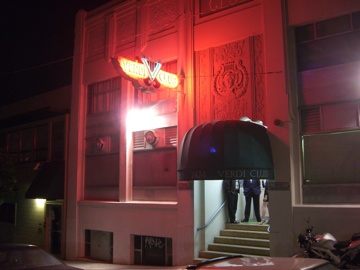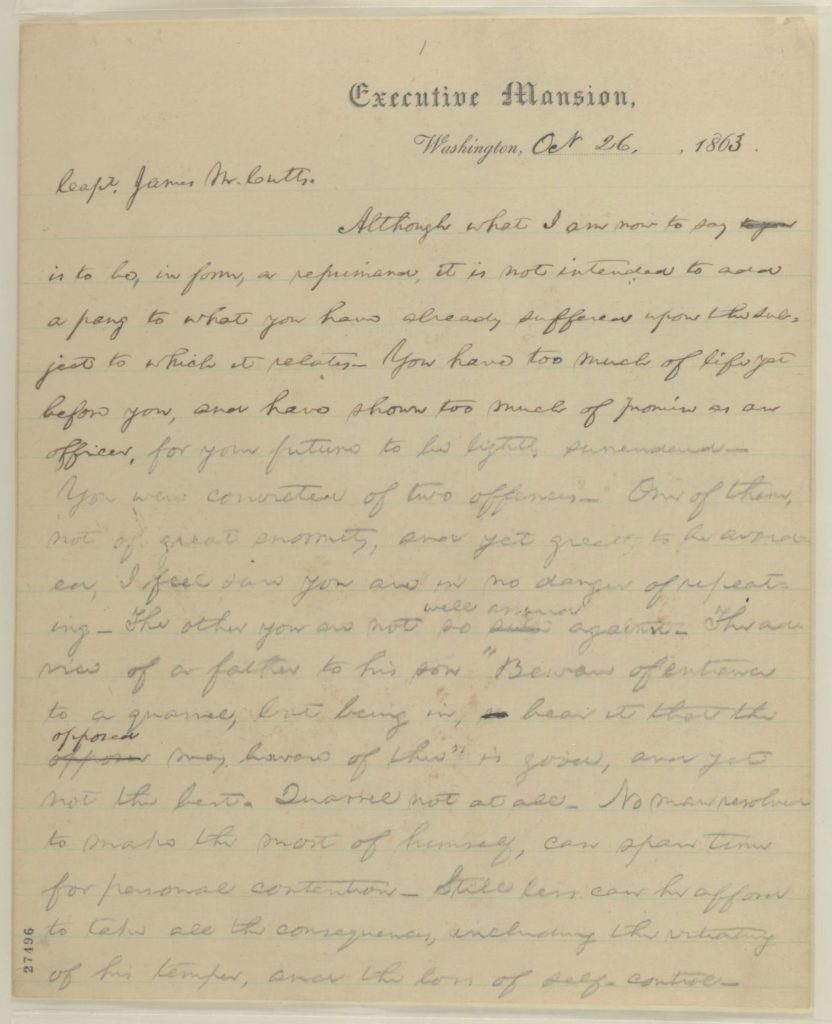The New York Times op-ed page today features a column by Neil deGrasse Tyson, an astrophysicist at the American Museum of Natural History’s Hayden Planetarium. To be honest, what drew my attention was a display quote in the column that says, “The math says that [Hillary] Clinton is quitting while she’s ahead.” Like many others who have watched the Democratic race, I’ve found it perplexing that Clinton won nearly all the biggest states but not the nomination. That’s an interesting and important topic—history will eventually show that despite Clinton’s insistence Barack Obama is some sort of defenseless naïf, he and his campaign just plain outsmarted her and hers—but that’s not what Tyson is writing about.
No—he’s taking a method of analyzing political poll results developed by another astrophysicist, Princeton’s J. Richard Gott III, and torturing it to come up with the claim that “if the general election were held today, Barack Obama would lose to John McCain, while Mr. McCain would lose to Mrs. Clinton.”
That’s a bold declaration, and you’d sure like to see it backed up. But that’s not what happens in the column. Instead, Tyson cites a paper by Gott and another author “that has been accepted for publication in the journal Mathematical and Computer Modelling” (meaning: you and I can’t read it to check the accuracy of Tyson’s summary of it or, feeble-minded as we is, try it out for ourselves). Here’s how Tyson describes what Gott & Co. discovered with their as yet unpublished new tool:
“[I]n swing states, the median result of all the polls conducted in the weeks prior to an election is an especially effective predictor of which candidate will win that election — even in states where the polls consistently fall within the margin of error.”
That’s it: no definition of “swing states,” no useful definition of “the median result of all the polls,” not even a precise statement of the time frame. But those details are dispensable, because this analysis is so powerful, Tyson writes, that Gott was able to correctly predict 49 out of 50 state races in the 2004 contest between Bush II and John Kerry. So Tyson decided to put it to work looking at the 2008 race, with results as mentioned above. Tyson says, with the certainty of Ptolemy describing the sun’s orbit around the Earth, that “this analysis does not predict what will happen in November. But it describes the present better than any other known method does.”
Being generous, one can only say about Tyson’s “analysis” that it reads as if substantial sections of explanation have been edited out to make the piece fit the page. His examples don’t illuminate much about Gott’s method. Beyond that, two flaws seem transparent. Tyson acknowledges one: that public opinion shifts over time. My translation: It’s ridiculous to project the electoral landscape in November based on iffy reading of polls five to six months ahead of time. Ask Michael Dukakis if you don’t believe me.
The other major flaw in Tyson’s “work” is his attempt to use a tool applied to a two-candidate race nearing the finish line in a single election and applying it to a wildly different set of circumstances. Poll respondents asked whether they’d prefer Obama or Clinton over McCain in May were being asked a theoretical question. Yes, it was certain that either Obama or Clinton would oppose McCain. But the very nature of the campaign at that point, as unsettled and increasingly divisive as it was, might skew the result. You wonder if Gott himself would make the predictive claim for his method, as applied here, that Tyson does.
(If Tyson’s piece was heavily edited, the Times would perform a public service by publishing the full piece. It would also help to have a link to Gott’s paper so that readers can judge for themselves whether Tyson is representing it accurately.)
Technorati Tags: new york times, obama, politics




